 Close Menu
Close Menu
The journey AFTER your operation is just as important as the journey before . You will be given clear instructions from Mr Banwell and his team regarding activities in the post-operative phase and what you can do and cannot do. You should take things easy and rest up. It is normal to feel tired and for some bigger operations especially, this may last some weeks. Nethertheless, the body has amazing recovery powers though so eat well, drink plenty of water and use the opportunity to sleep.
Your wound will usually be dressed with brown micropore tape. This is relatively inconspicuous. You should leave the dressing intact and should not touch it. Mr Banwell or one of the nursing staff will give instructions regarding care of your wound and what you can or cannot do. Usually in the case of reconstructive AND cosmetic surgery, you will be given instructions to shower normally the day after you leave hospital. Showering is fine but soaking in the bath is not permitted at this stage. Patting the tape dry after showering and then using a hairdryer on a warm setting is standard practice. Expect to be seen at 1 week following your surgery by the nurses and then at 2 weeks by Mr Banwell.
Tape is usually removed at 1 week for facial lesions but in all other cases tape should remain in place for two weeks for support and to allow the suture line to heal. At this stage tape is removed, the wound is assessed and then reaped for a further week.
Your dressing is shower-proof, so you can shower normally following your operation. However, you should avoid soaking the dressing in a bath.
After washing/showering you should pat the dressing dry with a clean towel and then use a hair-dryer on a warm (NOT hot!!!) setting to dry the area fully. It is vital that the tape is fully dried. This method is tried and tested and the surgical tape will usually stay on for several weeks if looked after properly.
If tape is used on the face then sutures are removed at 1 week and tape reapplied for a further week. All cosmetic patients have their tape removed at 2 weeks and then reapplied for a further week.
Stitches on the face are usually left in for 1-week. Elsewhere on the body (back, chest, breasts and limbs] they stay in for longer, but often dissolvable stitches are used which do not need to be removed.
If your wound has been closed with dissolvable stitches only, you can leave the tape on the wound until it starts to come off by itself. This will usually be around 2-weeks. In most cases Mr Banwell will ask you to return to the clinic for a ‘wound check’ by the nursing staff to ensure all is progressing in the right direction. He will usually review you the following week (ie. week 2 post procedure) although if it is a straightforward minor procedure this appointment is usually 1 month after surgery when results will be discussed.
You should wait until several days after the stitches are taken out before applying make-up directly on the wound. This is to ensure that the wound is completely sealed which will prevent the make-up from irritating the wound. Please see the guidance about massaging your wound below – your moisturiser should be applied BEFORE any make-up!
There are several important signs that may suggest problems with your wound.
These include:
Increasing pain at the wound site
Redness developing around the wound
Persistent discharge from the wound (this does not include minor bleeding that virtually always occurs a few hours after your operation)
Generally feeling of being unwell
A rising temperature
Nausea and vomiting
Should you notice any of these symptoms you should get back in contact with the hospital where you had your operation for an urgent review.
The best place to call in an emergency is the hospital at which your operation was performed. Please phone outpatients department directly for assistance or ask to speak to the Resident Medical Officer (RMO) if after hours. Alternatively, you can also telephone Mr Banwell’s team (between 9am and 5pm) on 01342 330302
To improve the appearance of your scar re-taping and subsequent massaging is very important
It is important to take things easy after your operation. Refrain from bending or lifting (this raise your blood pressure and can lead to further bleeding). If you have had an operation on your face it is a good idea to sleep on some pillows so you do not lay flat. Vigorous exercise should be avoided for at least two weeks (even for minor procedures) and longer if you have had a bigger operation. Mr Banwell or his team will explain in more detail should you have any specific questions.
Warning: smoking significantly increases the risk of complications such as bleeding, infection and delayed healing and may preclude the surgery from taking place. This includes the use of vaping with nicotine too.
I wanted to thank you for the work you have done on me. The results are really coming in to place and looking great!! I have recovered really well and it’s all down to your brilliant work.
Thank you so much for your surgery and your fantastic caring and positive attitude which makes so much difference for patients, me included!
After deciding to go down the surgery route I contact Mr Banwell’s team and was dealt with quickly and efficiently but most of all everyone was so friendly and helpful which put me at ease. The care from start to finish and still on-going was 110% and everyone who I dealt with was fantastic. Mr Banwell was always professional and friendly and put me at ease from the very beginning. I am so pleased with my results and putting myself in Mr Banwell’s care was the best thing I could have done. It has completely changed my life and I can’t thank you all enough. I have already recommended you to my aunty! Thanks again.
I consider myself blessed when I came across you Mr Banwell. You performed my operation almost a year ago which I am pleased to say was a GREAT success. I am more than pleased with the results, my whole shape is so much more defined and I love it. From the first time I met you at my initial consultation, you put me at ease immediately and never pressured me at any point to undertake the operation, you also never tired of my questions and you offered me only professional sound guidance and advice. You as a surgeon I have found to be completely transparent, knowledgeable, educated beyond most surgeons (that I came across) and totally professional, your skills and attention to detail are second to none.
Thank you so much for doing an amazing job on my breast enlargement.
Mr Banwell exceeded all expectation as did his team. Excellent communication and explanation of all procedures. 100% punctual, 100% attentive. The operation was a stunning success and virtually invisible. The whole process of dealing with Paul and the team has been so simple and easy. Options and operational procedures were explained and executed superbly. A total professional and perfectionist who demonstrates great skill, care and knowledge. I would have no hesitation to recommend Paul Banwell. Quite simply, if you want the best, Paul is it!
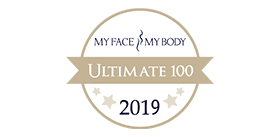


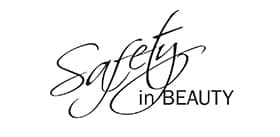

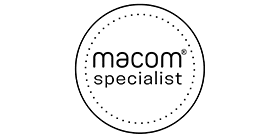
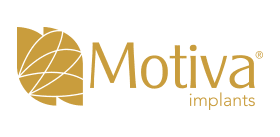
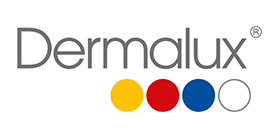
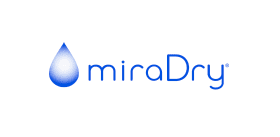
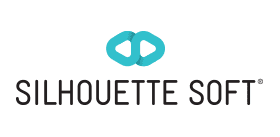
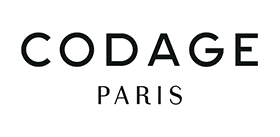
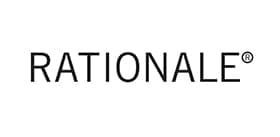

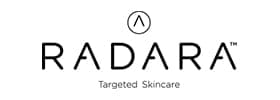
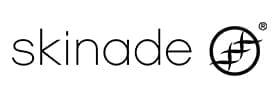
The Banwell Clinic is recognised as a boutique cosmetic clinic specialising in all aspects of skin health and our philosophy is to help Protect, Restore & Rejuvenate your face and body. Our extensive portfolio of treatments include injectables, thread lifts, plasma shower, luxurious signature facials, acne treatments, microdermabrasion, hair removal and cellulite treatments, all carried out in a friendly, warm environment by an expert team.
17th April 2024
Sculpting Silhouettes: Exploring New Trends in Liposuction for Body Contouring and Subtle Enhancements
Read More
4th March 2024
What to Expect When You Have a Tummy Tuck
Read More
4th March 2024
Summer Skin Savior: How to Protect and Pamper Your Skin During the Sunny Season
Read More